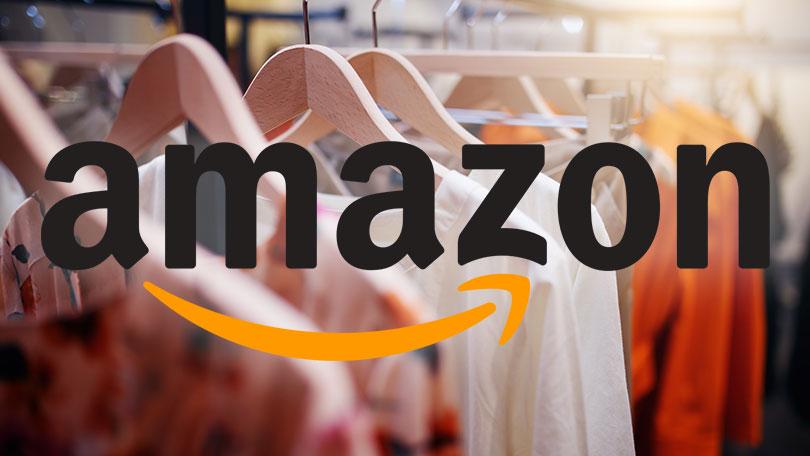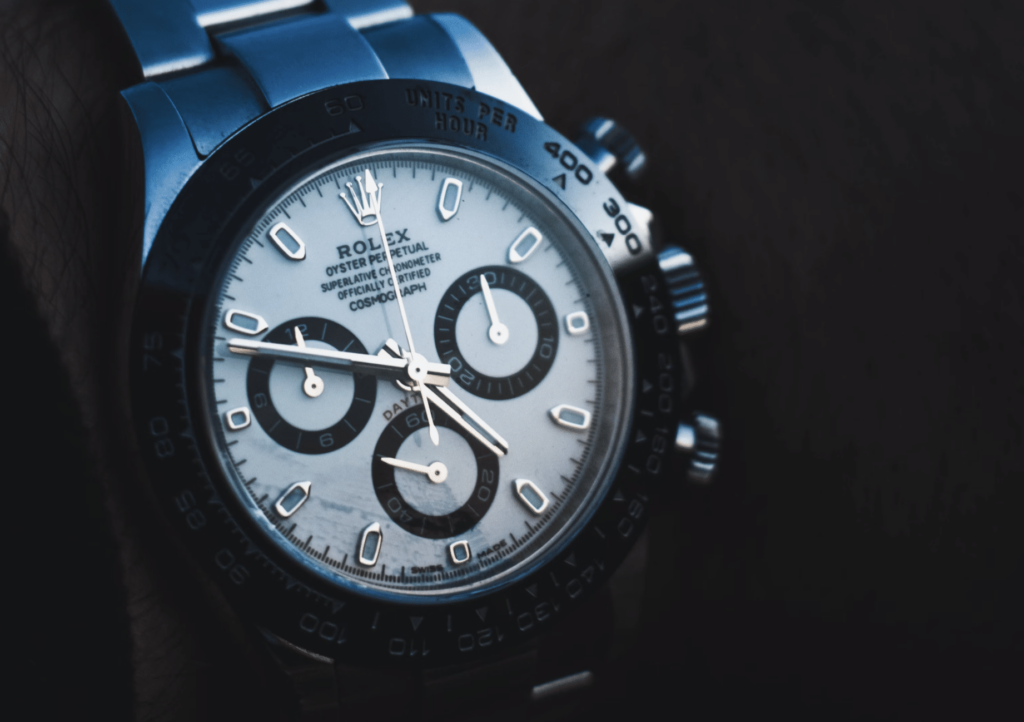
image: Amazon
Amazon and Swatch were slated to partner on a deal to make the watchmaker’s products available on the American e-commerce site. They had engaged in months of negotiations and just when it looked like Amazon would be able to add a new name to its list of partners, the proposed partnership went south. It was the Seattle-based commerce giant’s failure to commit to “proactively policing its site for counterfeits and unauthorized retailers” that killed the deal, Swatch Chief Executive Nick Hayek told the Wall Street Journal last fall.
Mr. Hayek followed up in an interview with CNBC in April and he did not mince words. According to Hayek, Alibaba, the Chinese e-commerce behemoth launched in 1999 by Jack Ma and Peng Lei, is “fighting actively against fakes. Amazon is not.”
In particular, Hayek said that Amazon “refuses to enter into discussion because they have, I think, 10,000 lawyers that say, ‘At Amazon, we should not enter into anything that should force us to fight against fakes.’” In contrast, he says, “The Chinese are doing it. They [are] fighting against it.”
The Swatch CEO’s controversial comments come at a time when the question – Is Alibaba doing a better job at fighting fakes than Amazon? – is ripe. In addition to increased attention on China and its top companies’ treatment of intellectual property in light of the growing trade war, no shortage of individuals within the ranks at international trade/logistics firms, giant American consumer goods companies, and even some in Washington are increasingly adopting the mindset that Alibaba very well may be doing more to weed out fakes from its platforms than the Jeff Bezos-owned Amazon.
As two of the most notoriously problematic platforms on the web, Amazon and Alibaba have consistently come under fire with fashion (and non-fashion) brands and consumers, alike, in connection with the offering for sale and selling of counterfeit goods.
In addition to routinely landing on the U.S. Trade Representative’s Special 301 “blacklist” in connection with its TaoBao platform, Alibaba has faced its fair share of lawsuits and the image-tarnishing press that comes with them. Within the past five years, for instance, Alibaba was hit with not one but two lawsuits by Gucci’s parent company Kering and a number of its individual Alibaba sellers were named in a lawsuit filed by LVMH Moët Hennessy Louis Vuitton.
Despite such setbacks, Alibaba appears to be successfully weathering the storm to an extent (do note, as recently as this month, management for Pink Floyd has filed a lawsuit that points to a number of online platforms, including Alibaba, and their offering up of counterfeit band merch).
The Chinese company, which boasts a web of e-commerce sites, as well as a payment processing arm and logistics capabilities, was able to settle the suits and has ultimately won over many luxury brands, including LVMH’s Givenchy and Rimowa, among others, which have since taken to partnering with Alibaba to sell on its Tmall platform.
Amazon, on the other hand, is still very much in the throes of litigation with no end in sight. This spring, the 23-year old marketplace was hit with a strongly-worded lawsuit in which Seven For All Mankind alleges that Amazon, which sells Seven’s contemporary Ella Moss brand, has taken to using a confusingly similar “Ella Moon trademark” on one of its own private labels in an attempt to divert sales away from Seven’s brand.
That suit comes after Mercedes Benz’s parent company Daimler AG filed a striking lawsuit against the Seattle-based giant in November, alleging that in addition to actively “selling infringing items [by way of its] ‘Ships from and sold by Amazon.com’ products,” Amazon has repeatedly failed to “establish processes that would better detect and deter infringement.”
By opting to not take robust steps to weed out counterfeit goods from its site, whether they are marketed and shipped by third-parties or by Amazon, itself, Daimler claims that Amazon is “opening the door for masses of counterfeiters and scammers to exploit the system at the expense of legitimate brands and customers alike.”
Such allegations come as some brands, such as Birkenstock, have officially cut ties with the website, citing the influx of counterfeits and unauthorized sellers on the online shopping site.
Looking beyond the legal battles that Amazon is facing (and the risk of public relations fall out that comes with each scathing lawsuit), analysts are routinely placing their bets on Alibaba as the superior actor in this space.
For instance, in March, Seeking Alpha referred to the Alibaba v. Amazon rivalry as markedly leaning in Alibaba’s favor with “Jack Ma building a dynamic technology firm whose growth could be just getting started,” and noting that “Alibaba’s low-inventory model, compared with the capital-intensity of [Amazon], make [Alibaba] hard to ignore.”
Forbes contributor Jon Bird told readers that in lieu of fixating on Amazon, they should turn their “focus to Alibaba and [fellow Chinese e-commerce giant] JD.com,” which he called “the future of retail.”
A spokesman for Amazon, however, told TFL, that Amazon loyalists are not worried: “Our customers trust that when they make a purchase through Amazon’s store — either directly from Amazon or from one of its millions of third-party sellers — they will receive authentic products, and we take any claims that endanger that trust seriously.”
The American e-commerce gains further asserts that it “strictly prohibits the sale of counterfeit products and invest heavily—both funds and company energy—to ensure our policy against the sale of such products is followed. Our global team is available 24 hours a day, 7 days a week to respond to and take action on reported violations and notices of potential infringement.”
“Counterfeiting is an age-old problem,” states Amazon’s spokesman, “but ‘[it is] one that we will continue to fight and innovate on to protect customers, brands, and sellers.”











